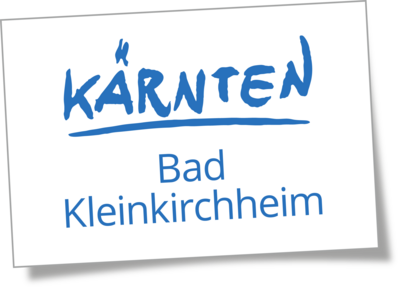-
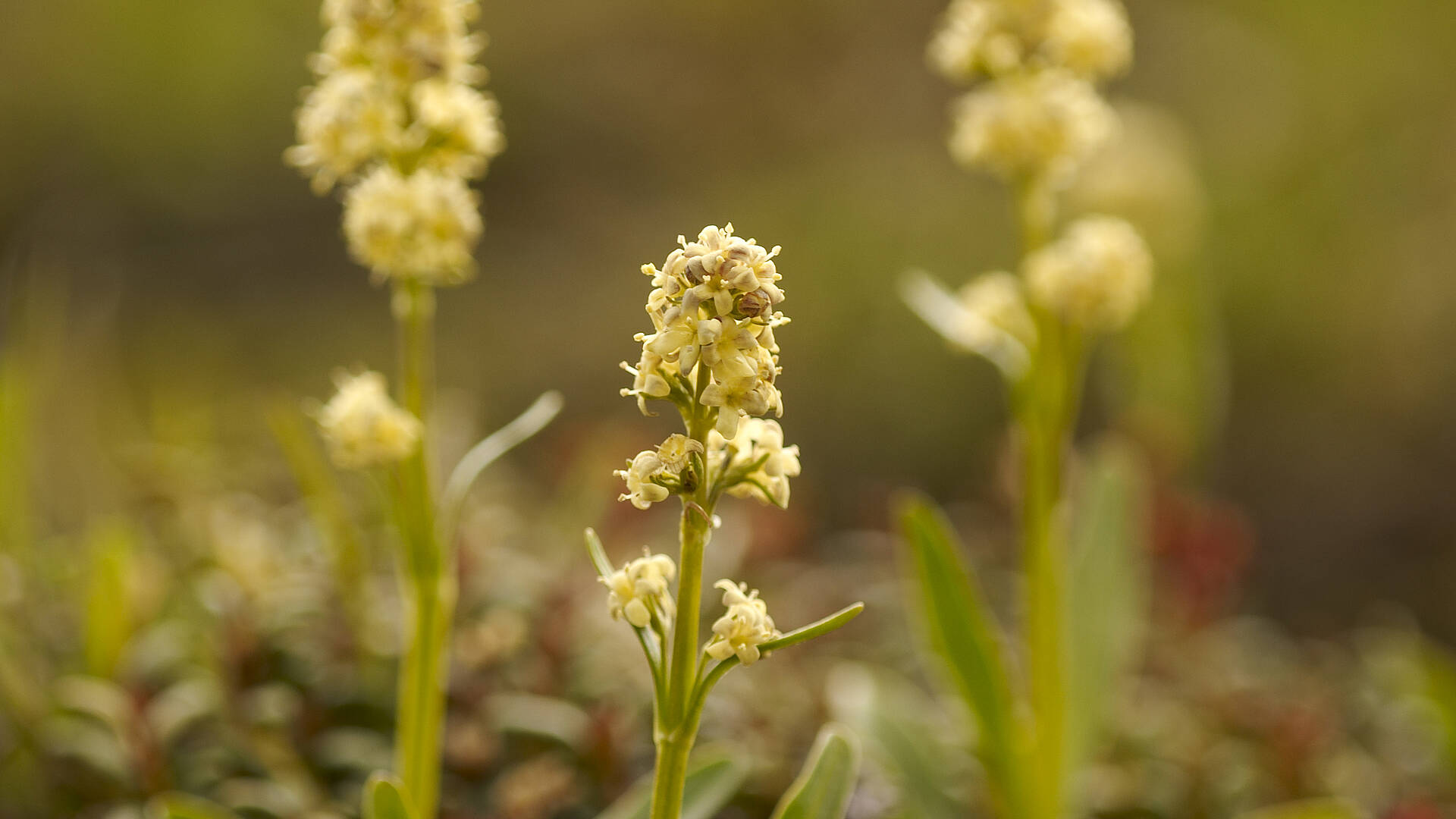 © MBN - Millstätter See / Bad Kleinkirchheim / Nockberge
© MBN - Millstätter See / Bad Kleinkirchheim / NockbergeSpeik – the delicate healing plant
You can relax in the gentle alpine world of the Carinthian Nockberge, using the distinct fragrance of Speik as an energy source for body and soul. Experience your own Sunshine Moments in the Bad Kleinkirchheim region, on breathtaking mountain walks, panoramic summit tours and mystical hikes. Always by your side: the sharp-spicy scent of the Speik.
X
The weather service is currently unavailable. Please try later.
© MBN - Millstätter See / Bad Kleinkirchheim / Nockberge
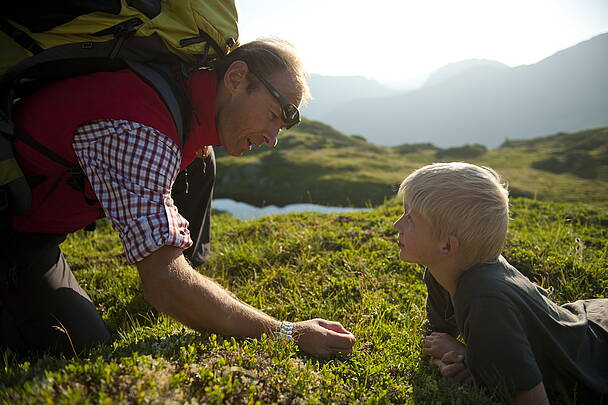
Unimposing plant – extraordinary history
A nearly forgotten plant with special powers: in the Biosphere Park Nockberge in the South of Austria, Speik is still harvested as it was centuries ago.
The Speik or Speick, also known as "valeriana celtica", is a species of plant from the valerian family. It is extremely popular, thanks to its calming properties.
Throughout its flowering period from the beginning of July until the end of September, you can embark on hikes on the trail of Speik.
Special healing properties
The valerian plant has a calming effect on the central nervous system, but – at the same time – a stimulating effect on the vegetative nervous system. It relaxes without making tired, thus reviving body and soul. If you look at the tiny dried Speik plant, it’s probably hard to imagine that the frail green stem and yellow blossoms could give so much strength, having once been sought-after, precious property. But – as we all know – size doesn’t matter!
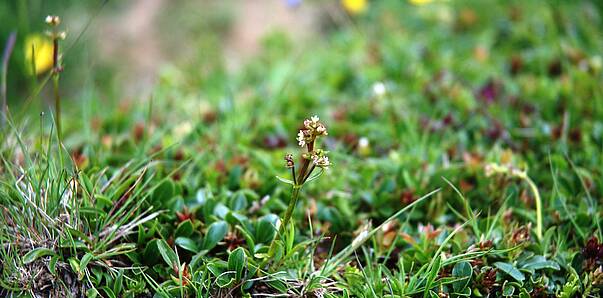
© MBN - Millstätter See / Bad Kleinkirchheim / Nockberge
Speik was already treasured in Egypt and the Orient in particular some 2500 years ago for its intense, aromatic smell and its contributions within cosmetics.
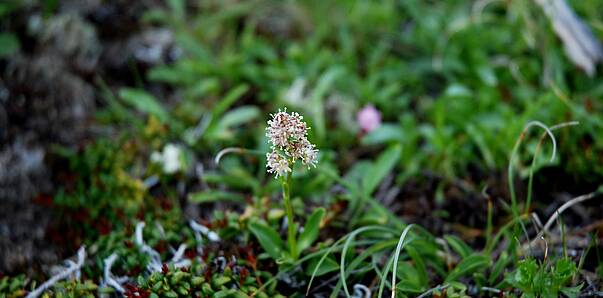
© MBN - Millstätter See / Bad Kleinkirchheim / Nockberge
In North Africa and Europe, people bathed with Speik and used it as perfume. It was even rubbed onto brides before their wedding.
© MBN - Millstätter See / Bad Kleinkirchheim / Nockberge
Speik or Speick?
Gradually, however, the unimposing healing plant was forgotten about, until Walter Rau "rediscovered" it, founding the German "SPEICK natural cosmetics" company in 1928.
Rau created a unique product out of an idea, a fascination and vision: the "Speick soap". This mild, natural soap was a cosmetic revolution, being a body care and not a cleansing product. The company is the only one in the world that can manufacture Speik products, and it decided upon the "Speick" spelling. Nowadays, Speik is not just used to produce soap. It can be found in a wide range of other natural products including lotions, oils, masks and sunscreen.
Speik is environmentally protected
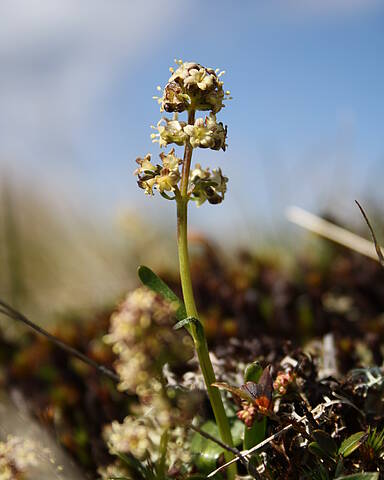
© MBN - Millstätter See / Bad Kleinkirchheim / Nockberge
From mid-August until mid-September it’s harvest time, taking them up to 1.900 – 2.300 metres above sea level where the plant grows. 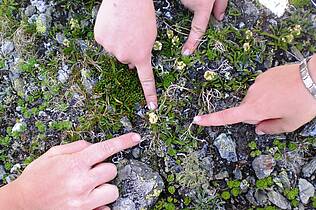
© MBN - Millstätter See / Bad Kleinkirchheim / Nockberge
Since 1936, Speik has been environmentally protected, to prevent it from extinction after centuries of overexploitation. Today, Speik can only be harvested in the Biosphere Park Nockberge within the Bad Kleinkirchheim region, where the ideal ground conditions can be found.
Just two mountain farms belonging to Family Huber and Family Steiner share the license. For these alpine farmers from Carinthia at around 1.600 metres above sea level, Speik is just a small additional income that requires plenty of hard work.
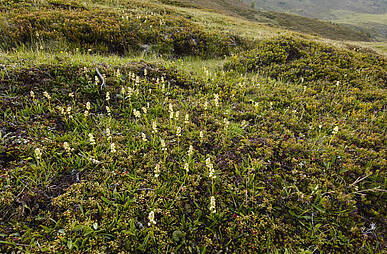
© MBN - Millstätter See / Bad Kleinkirchheim / Nockberge
© MBN - Millstätter See / Bad Kleinkirchheim / Nockberge
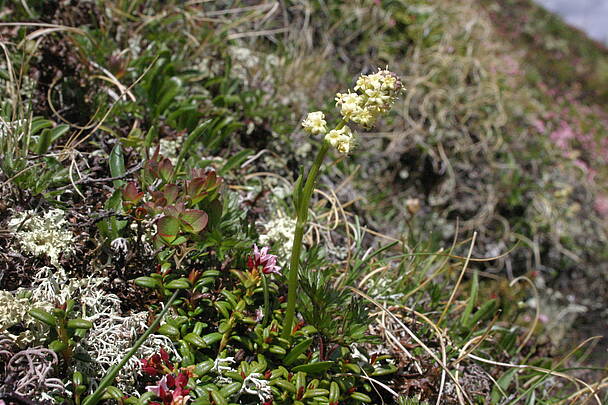
Harvesting Speik – the right way!
The valerian plant cannot just be dug up. Using a special tool, it is pulled out of the earth with its roots. You need a trained eye to do this, however, as the Speik is hardly visible to the inexperienced.
The farmers can collect up to one kilogram per day. The harvest is placed in the old "Troadkasten" (storage hut) next to the farmhouse and laid to dry on special wooden beams, where it is turned regularly. The intense smell of the Speik gives the Troadkasten a unique fragrance. It takes three weeks until the Speik is ready to be processed and is collected by Company SPEICK.
© MBN - Millstätter See / Bad Kleinkirchheim / Nockberge
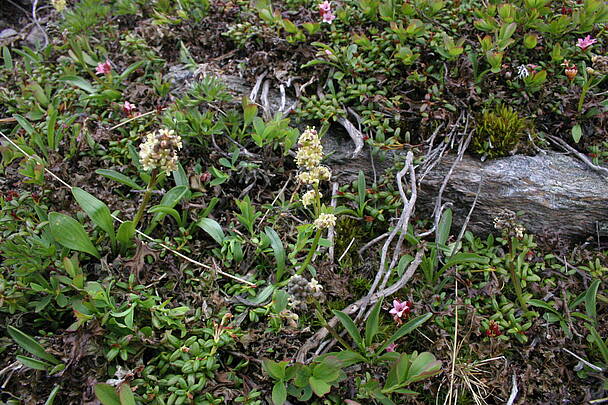
Within bounds
The harvest is limited to 25 kilograms per season, which is monitored by the Biosphere Park management. This doesn’t sound like much, but only a small amount of the fragrant plant is needed to produce soaps and oils. The harvest does not harm the Speik levels. On the contrary: when harvested in measure it has a positive effect on the continued existence of the plant, as a scientific study by the University of Natural Resources and Life Sciences in Vienna found.
